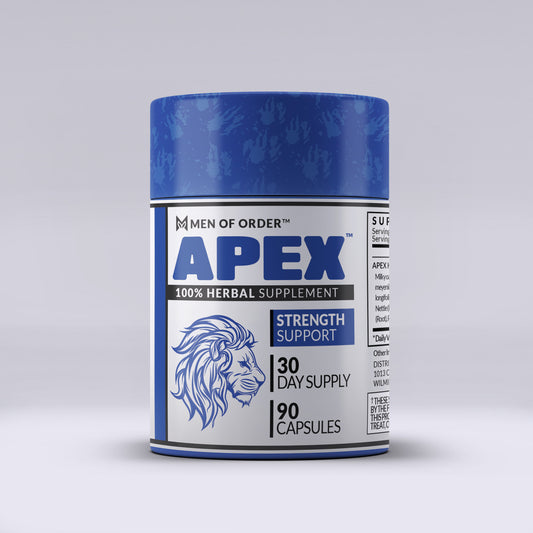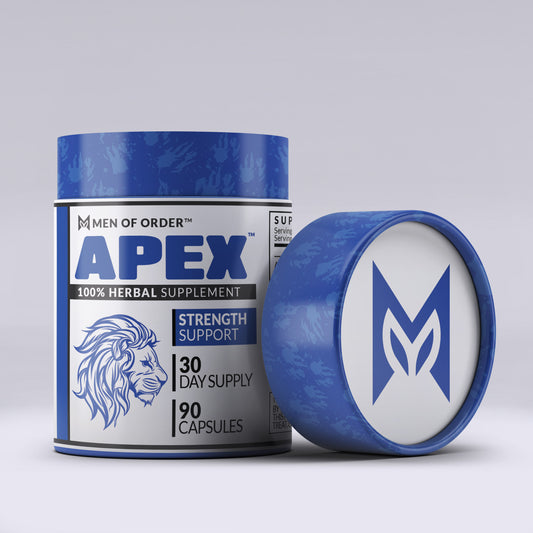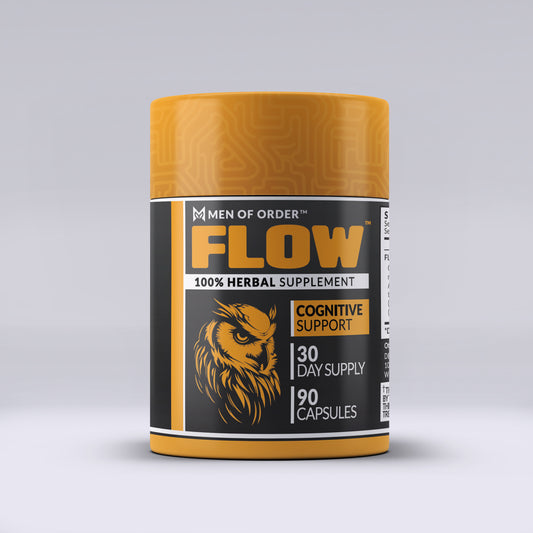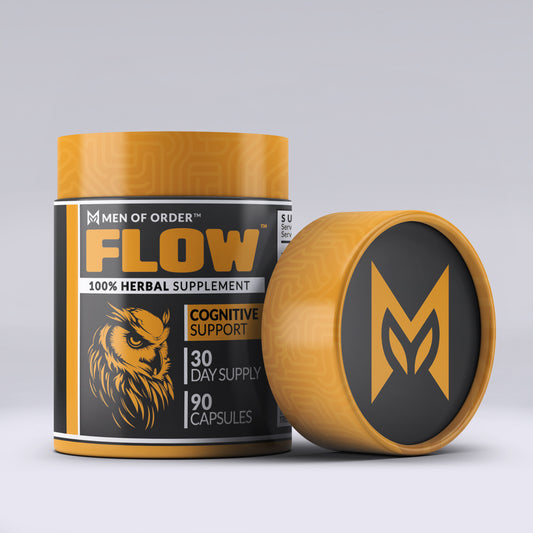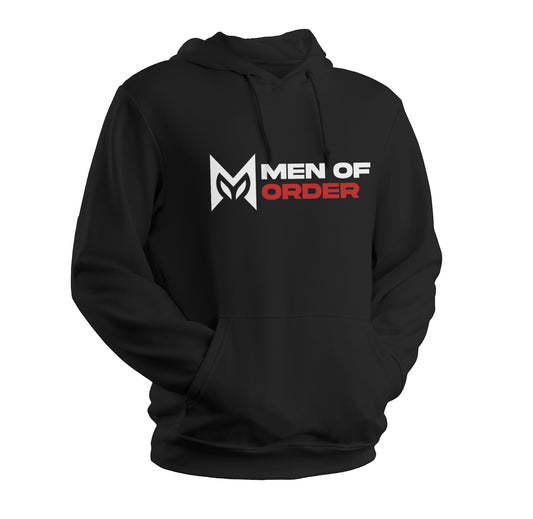
Dark websites look pretty much like any other site, but there are important differences. The biggest is the naming structure. Instead of ending in “.com” or “.org”, these sites often end in “.onion”. The .onion naming structure indicates that the hidden site is only reachable via Tor.
Tor is free to download and can be installed on Windows, macOS, Linux, or Android. In the last blog about the dark web, we discussed how to access it through an anonymous web browser called Tor.
In this blog, we will explore more of the capabilities of using the dark web once Tor is set up. We will look at Tor’s best alternatives to Google, some helpful sites when navigating the dark web for the first time, and some ways to protect yourself from being exposed.
“Googling” Things on the Dark Web
It is recommended that you steer clear of using regular search engines on the dark web. As popular as Google is, it clearly isn’t the best choice for anonymity! Also, it is important to note that there are several sites on Tor that you cannot find with a simple Google search. Thankfully, there are good alternatives out there.

DuckDuckGo is the Tor browser's default search engine. DuckDuckGo's main selling point is its privacy features. Unlike Google, your search history is not saved. DuckDuckGo does not store IP addresses or any other unique identifiers in search logs.
The private search engine also has a unique search feature called “bangs”. These are shortcuts that can take you directly to a website when searching for something, rather than scrolling through pages of results.
For example, if you typed “!w frogs”, DuckDuckGo will take you directly to Wikipedia’s article about frogs. Or, if you typed in “!amazon crocs”, the search engine would take you directly to Amazon’s search results for Crocs shoes.
In addition to DuckDuckGo, some great alternatives offer similar options when searching. Torch, also known as TorSearch, claims to be the oldest search engine on the dark web. Torch has over a million .onion pages indexed, making it one of the largest search engines on the dark web. Also, Torch search users are not tracked. DarkSearch is another option that indexes Tor pages every day, scouring the dark web 24 hours a day, seven days a week.

What Are Some Helpful Dark Web Sites?
Once you have gotten a grasp on how to search the dark web safely and accurately, it is important to figure out which sites are best for your specific purpose. Like Google, it is very possible to be overwhelmed by all the search options out there. The Hidden Wiki can help with this.
If you are looking to find active Tor websites and their URLs, The Hidden Wiki serves as a dark web link directory. It collects completely legit sites, as well as completely illegal sites, so browse carefully! Another dark web directory that offers similar features to Hidden Wiki is TorLinks.
Social media is still an active community on the dark web. Facebook has a .onion URL. While it does not do much in terms of anonymity, it does allow users to access the site in areas where Facebook is restricted. If you are looking to avoid platforms like Facebook altogether, but you still want to be a part of an engaging online community, check out sites like The Dark Lair or Galaxy 3.

Tor is also a great place to access a wide range of digital books. The Imperial Library currently has over 500,000 books in its library. If you love comics, Comic Book Library also has thousands of downloadable comic books from all types of publishers. Please search these sites with care to avoid potential copyright infringement.
For Bitcoin investors, Wasabi Wallet is a great alternative to the surface web wallets out there. Wasabi has a feature called CoinJoin that combines multiple coins from different users into a single transaction. This makes it difficult for hackers to figure out who is trading with each other. The Wasabi Wallet verifies transactions on the Neutrino protocol, which helps eliminate server-related vulnerability by assigning a task to the client instead of the server.
When you purchase things online using cryptocurrency, third parties can still link your transactions to your identity. A helpful crypto investing tool to combat this is called Smartmixer. Smartmixer is a bitcoin mixer; basically, the service scrambles your Bitcoin with that of other crypto users, making your crypto indistinguishable from other traders.
Wrapping Up – Be A Safe Dark Web User
You will want to take as many precautions as you can when navigating Tor and the dark web.
If you decide to use this tool, be mindful of all internet security practices. You should detach from your normal and online life. Any common names, emails, passwords, and credit cards should never be used on the dark web. Create throwaway accounts, use prepaid cards and identifiers.
If you must download any files, scan them extensively. Malware is extremely common on the dark web, and it will often come in the form of a download.

Java and ActiveX frameworks are common in most websites but are susceptible to being exploited by hackers – especially on the dark web. When surfing the dark web, it is best to disable these frameworks in your network settings.
Even though the Tor browser allows you to browse the internet anonymously, there are still some ways you can be tracked. Third parties such as the government and your internet service provider (ISP) can still see you are using Tor. A virtual private network (VPN) is a good way to mask your activity on Tor. VPNs help add an extra layer of encryption and pass your traffic through a VPN server. This will help prevent third parties from seeing that you are using Tor.











